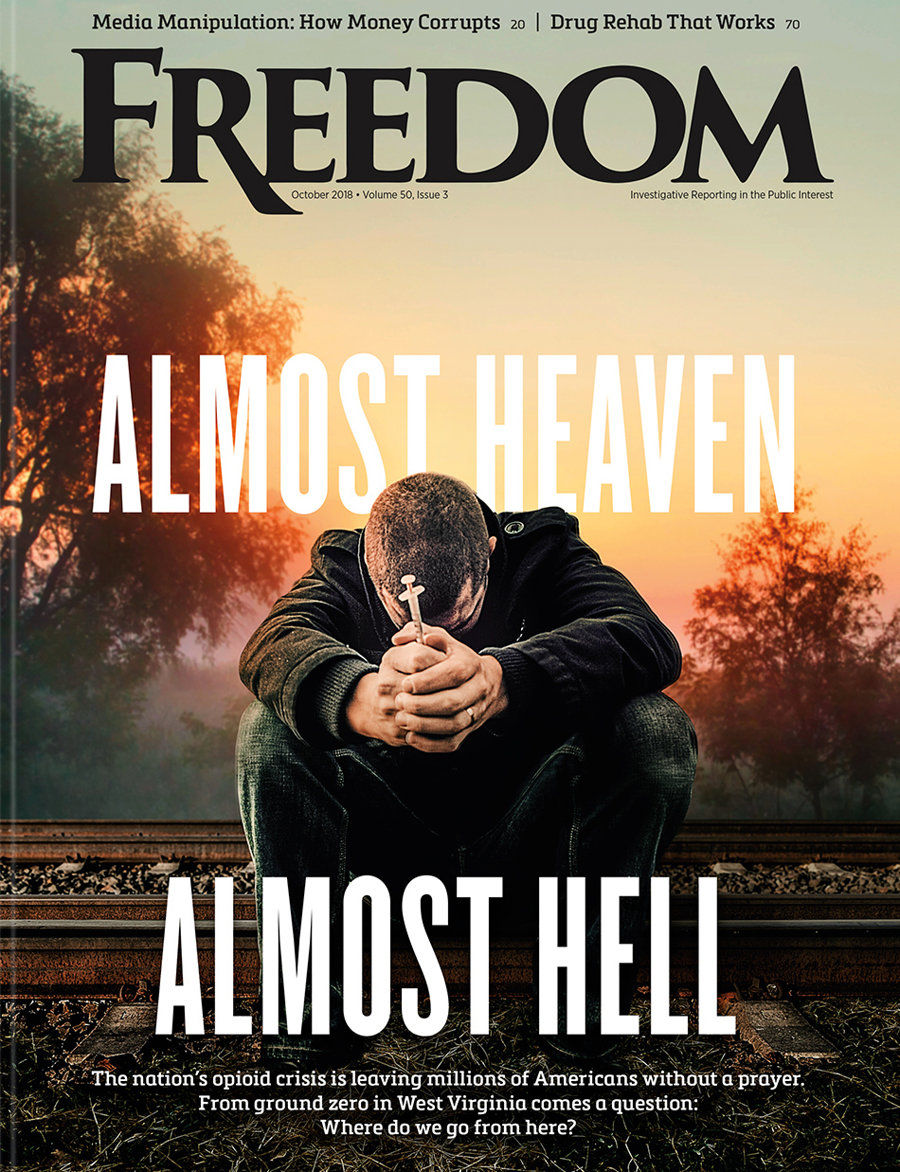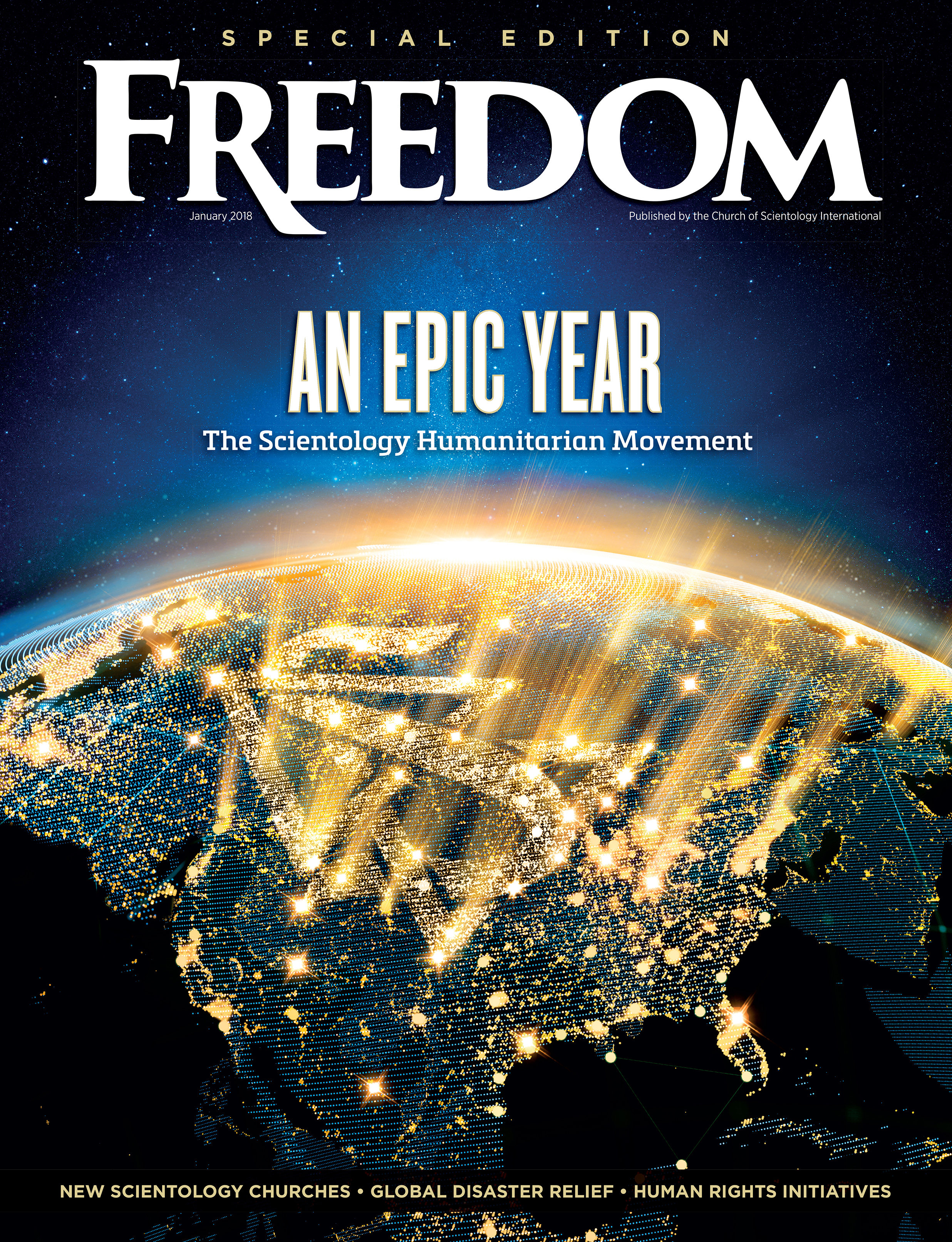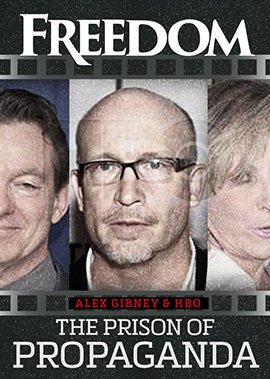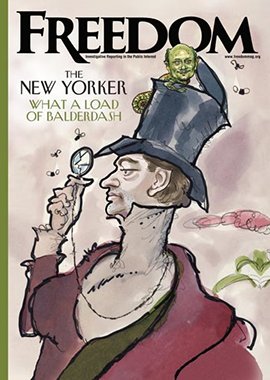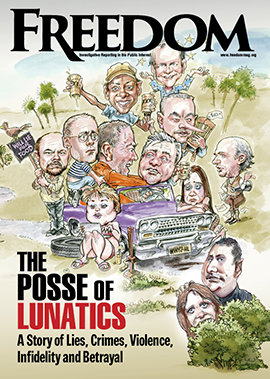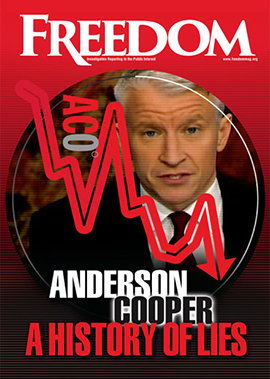But today a drug mule is more likely to have four tires and is all too often driven by an unwitting Uber courier, working alone—entirely unaware of what’s concealed inside the packages he’s transporting.
In April 2020, in the thick of the pandemic, Uber began its courier service—a feature within the broader Uber app allowing people to send needed supplies to one another without leaving their quarantined homes.
“You have to choose your safety. They have everything but your last name.”
Beyond the pandemic, Uber Connect enables people to call an Uber to simply have their package delivered—opening the door to a dealer including illegal drugs in their “package” and sending it off to their customer with little fear of discovery.
The service puts many Uber Connect drivers in a frightening quandary if they’re unknowingly transporting drugs. If the driver is caught by police during a traffic stop, will he be blamed and arrested? If he suspects illegal drugs are in the package he is carrying and reports it to authorities, will he be victimized by his “customer”/dealer, who now has his first name, license number and car make and model from the Uber app? (Finding the driver and taking revenge would be fairly simple for a ruthless drug dealer.)
“When you pick it up and pack it, they track it,” one driver explained, describing a package he received that contained drugs. “I just got rid of it. I dropped it off to wherever it was going to. I got the hell up out of there.”
Contacting Uber for advice doesn’t always help. When one Tampa Uber driver suspected drugs in a package he had accepted for delivery and called the company, he was transferred 27 times.
“No one seemed to know what to do,” he said.
“Do we choose morality, or do we choose our safety?” one Miami driver asked. “You have to choose your safety. They have everything but your last name.”
Atlanta police received 68 grams of marijuana in January from a suspicious Uber driver. Illegal oxycodone has also been found in packages transported by Uber.
“My biggest concern is identifying the individuals as quickly as possible that are exploiting these programs,” said Bill Donaldson, FBI Supervisory Special Agent. Uber drivers “are also being used unwittingly to transport individuals who are going to meet up with individuals to sell narcotics, firearms, you name it. Anything that needs to be moved by these organizations, certainly they could use these platforms to do it.”
Donaldson said drug cartels have turned to ridesharing platforms because they allow criminals to remain anonymous while moving their guns and drugs.
“Everyone has a smartphone, and within two or three … clicks on a smartphone, people are having pills delivered to their front doorstep like Uber Eats, like they get pizza delivered,” said former DEA administrator Anne Milgram.
Uber specifically prohibits sending drugs, alcohol, medications or firearms in their courier packages, but most drivers say no one checks to see what’s actually in the packages. In fact, Uber prohibits drivers from “tampering” with the packages they transport, so a driver would have no way of knowing whether or not he was carrying illegal drugs.
In a statement, the company said: “At Uber, the safety of drivers and delivery people is a top priority. We strictly prohibit the use of our platform for any illegal purposes, and engaging in such activity can lead to permanent loss of access to Uber.
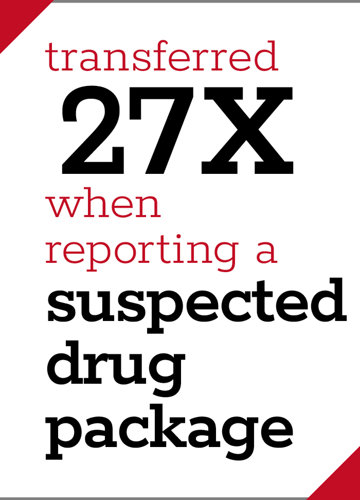
“Our global investigations team actively works to detect and address suspected criminal behavior on the app, take appropriate action against involved accounts and support law enforcement agencies in their efforts.”
But Uber attempts to deny responsibility for what is shipped by its service, stating on its website: “Neither Uber nor third-party delivery people are responsible for the package(s), nor for the content of the package(s), so they disclaim any obligation or responsibility related to the package(s), its content and/or delivery, including any loss or damage that the package(s) may suffer.”
“Platforms can be guilty, too,” Daniel Richman, a former federal narcotics prosecutor and professor at Columbia Law School, said. “Are they allowing their platform to be used for criminal purposes? What do they know? To what extent are they taking precautions to prevent this from happening and acting on reports?”
The problem extends beyond the United States. Interpol has issued warnings that food delivery and ridesharing companies are being used as drug mules in Ireland, Malaysia, Spain and the UK. Interpol even issued a “purple notice” to their 194 member countries warning of this new method of delivering illicit drugs.
After a 22-year-old woman named Alex Portillo died from illicit fentanyl delivered to her home by Uber in 2022, five members of the House Energy and Commerce Committee sent a letter to Uber CEO Dara Khosrowshahi that read: “Just as we have asked social media companies to do their part to curb the sale of drugs on their platforms, Uber must act to ensure Uber Connect is not used to transport untracked shipments of illicit drugs to Americans.”






